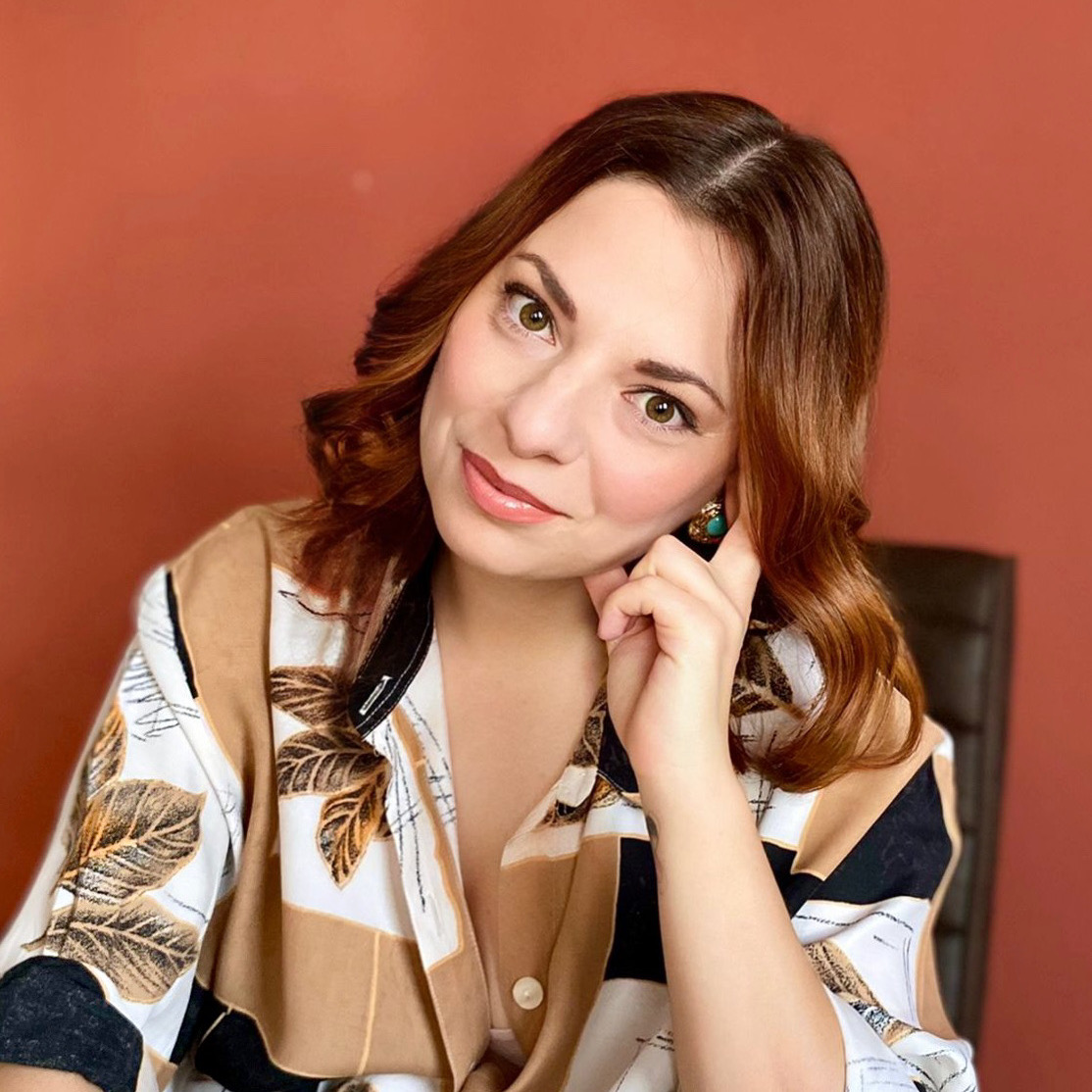How listening to your expectations may lead to hearing your needs
Today’s world is more open and accessible to us than it ever was. As we look inside and around us it’s not hard to discover that - despite this amazing gift our generation can fully enjoy and explore - it’s equally a blessing and a curse. When we’re allowed and capable of accessing new territories, learnings, tools, cultures, perspectives, we often end up getting overwhelmed. Not just because of the seemingly limitless number of options, but also because as we begin exploring more and more a creeping feeling starts settling in: the world is not as we expected.
Expectations can be useful.
Expectations are a very peculiar and valuable instrument that we develop and use in order to survive. Peculiar because it’s a mix of past experiences, learnings, academic education, group values and various external influences. It’s almost like an authoritarian parent voice that has our best interest at heart. Their intention is to protect us and guide us towards the best out there, but without ever asking us if we understand why and if we indeed want and/or need all of what it’s guiding us towards. Valuable because we need it to make us feel like we’re a bit prepared and motivated to face changes and - more generally - the unknown.
Let’s say, for example, one needs to move countries and therefore welcome a big change in their lives. Their mind will try to focus on the things they know about the new situation. The more of those things are positive, the more their expectations around it will be positive; but if their “passive research” on that new country provided them with “bad reviews”, their expectations will tend to lean towards the negative.
There’s no right or wrong.
Expectations are neither good nor bad. But they are only a tool in our vast arsenal and not the main voice that should guide us in deciding how to live our lives. What we can do is listen to our expectations in order to learn what needs they are trying to express.
“I expect him to bring me flowers because I need to feel appreciated and loved.”
Most times, we only hear the first part of that sentence, often expressed in a frustrated voice, in a demanding tone. We rarely stop to listen to our own expectations in order to learn something about ourselves, and we confuse them equally often with expressing our needs. Our needs are never about the other person or any other person, they are about ourselves. No one can know and understand them unless we express them exactly for what they are. It’s easier said than done, when we’re surrounded by colorful outlets and distractions that keep us away from even identifying what our needs really are. And that’s why being aware of our expectations can be even more valuable. Not only because it helps us better understand our own needs, but also the needs of others.
Awareness is the key.
If our friend George always expects his wife to do all the chores around the house, while working and taking care of their kids, some of us might raise an eyebrow and label George as not the most open-minded and caring spouse out there. But if we try and translate what his needs these expectations could hide, we could learn that George’s mother told him when he was a child that this is the only way a woman can show love in a relationship. He was just a young boy, his mind was sucking up all the information needed to form his identity and personal values and that’s what he was given. Now, you might say George’s a grown up now and he should know better. And that would sound like an expectation you would have from him, wouldn’t it?
If George or any of us would take a moment to inquire and explore personal opinions, judgements and expectations, he would get closer to what his needs are. Being aware of our needs makes it easier for us to express them maturely, without dressing them up, which brings us closer to a healthier way to communicate and a more assertive way to express ourselves.
Everything we experience or the lack thereof is useful in our evolution as individuals. There’s no right or wrong way in which to live our lives. We often forget to listen to ourselves and ask ourselves what is it that we need in order to take that next step - be it forward or backward. Nothing is set in stone: we can always choose and we can always change our minds. And we can always be kind to ourselves in the process.
Read more insights and perspectives
